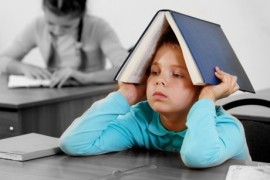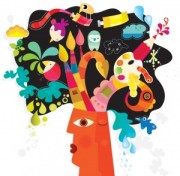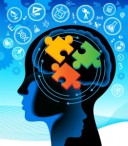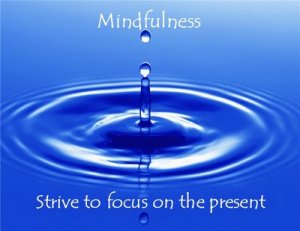Educational psychology is an area of research that has too seldom been put into educational practice. This module focuses on the discrepancies between principles of psychology and education. It is startling that there are many approaches due to research in the psychological field, but what is missing is to apply these principles and ideas of improving education in the field. The efficacy and effectiveness of these principles has to be proved by evidence from randomized controlled studies and meta-analyses. As Nora S. Newcombe in her article Biology is to medicine as psychology is to education: true or false? (2002) lines out there can be drawn an analogy to the field of medicine. Thereafter psychology should be forming a basis for any educational profession. Therapies in medicine are distinguished because of the evidence based proof. The same should be applied to the field of education, different pedagogical steps need to be investigated on their effectiveness in the natural field. Newcombe draws more implications from this analogy that I won´t mention here now. So, I think the problem that I have outlined is quite clear.
Right now I am again “victim” of the misleading and conservative way how education works. Besides my studies here in Wales I still need to take several exams from Germany that form part of the first semester over there. These count 100 % for my grade in the associated lectures. Students, me included, tend to postpone preparation for the exams. In the end they study full days for these exams, only to forget most of the theories, dates and concepts a couple of weeks later. The professors, even more incomprehensible to me, ask questions about dates and percentages of e.g. clinical disorders, or for the diagnosis criteria of the ICD (International Classification Diagnosis) and the DSM (Diagnostical and Statistical Manual of Mental Disorders) that you can later in your profession look up and you do not need to remember word by word. This example shows that especially in a German University there is a lot of change to be done, because how can I possibly learn much from just reciting the lecture notes? How can I store knowledge on a long term basis without forgetting it right after an exam? These are questions that I want to deal with in the next few months. Continue reading →
 to the different talks which were recorded by a video player. I felt uncomfortable and unsure of whether I could stand in front of many native speakers and talk about my own blog.
to the different talks which were recorded by a video player. I felt uncomfortable and unsure of whether I could stand in front of many native speakers and talk about my own blog.






You must be logged in to post a comment.